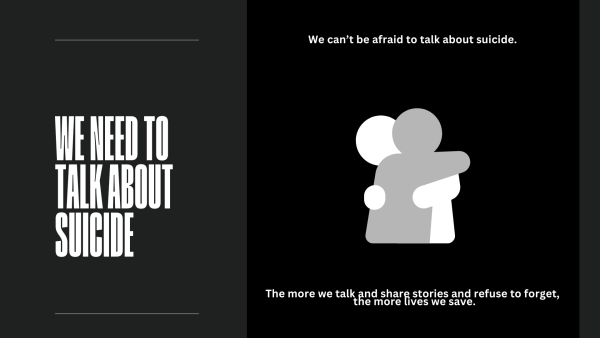Personal Column: Is internationally making fun of your country unpatriotic?

Many view making fun of their country as unpatriotic. Yet, some comedians have used it as the highlight of their shows.
A few months ago, Comedian Vir Das faced backlash due to his “Two Indias” monologue. If you ask Indian critics of Das’ speech why they were offended, they usually argue that their country, India, had been shown in a bad light to the world.
Typically, the offended critics argue that if one is representing their country, that person should say positive things about it and not make fun of it.
However, making fun of one’s country on an international level is not necessarily an immoral and or unpatriotic act. Because when they say that one should not talk about negative things about their country, they consider those things to be negative themselves.
Maybe comedians are not considering those things to be negative. Maybe comedians don’t see those things as flaws at all, which is why they openly talk about it and even make fun of it.
Suppose an imaginary Indian comedian, Hir Vas, says, in one of his comedy shows in the United States, “I dig how Americans are all like, ‘Reduce, reuse, recycle!’ with their bottles to cut down on waste. Meanwhile, in India, we’ve been channeling our inner eco-warriors for ages, just drinkin’ tap water like a boss with our bare hands. Who needs bottles, right?”
The joke uses an element of exaggeration where Hir Vas is generalizing and pointing out the issue of poverty in India, where certain groups of people are still using bare hands to drink tap water.
Nevertheless, there would be a segment of individuals in India who would not appreciate the humor and responses of such people can be broadly categorized in two ways.
First, their responses such as, “this is completely untrue about India. We all use bottles. I have not seen anyone using bare hands here. I don’t know why he is misleading people with incorrect facts.”
Responses like these cannot be taken seriously because they are claiming that not a single individual in India uses bare hands, which is too good to be true and stating, “I have not witnessed X; hence, X does not exist” is just naive. Such responses, in this context, mostly come from the bourgeoisie who have not been much exposed to the rural parts of India.
Second, serious and well-thought responses such as, “he shouldn’t have said this on an international level because Americans may look down on us.” This response is a general belief in most people, and one might not see a problem in the response. Nonetheless, when scrutinized too closely, it becomes apparent that there are flaws in this response.
Let’s do a common thought experiment. My daughter shares with me that she wants to participate in a boxing match at her school, but I tell her, “You can try, but I think they will consider you weak and unfit for the contest.” My daughter becomes upset and retreats to her room, expressing her frustration through tears.
Now, let’s examine what happened. I didn’t tell her exactly what I thought about her, but in assuming that judges would consider her weak, I assume that she is weak. And though I don’t express what I really think, my daughter understood it and was hurt. In this way, assuming something is actually believing in it. And therefore, the second type of responses are problematic.
Hence, individuals who proclaim that making fun of one’s own country is unpatriotic are realistically doing it for the above two reasons and, therefore, are either too naive or exhibiting implicit disdain towards their own nation or people.
Edited by Cee Spiller and LeSha’ Davis
Your donation will support the student journalists of Washburn University. Your contribution will allow us to purchase equipment and cover our annual website hosting costs.








